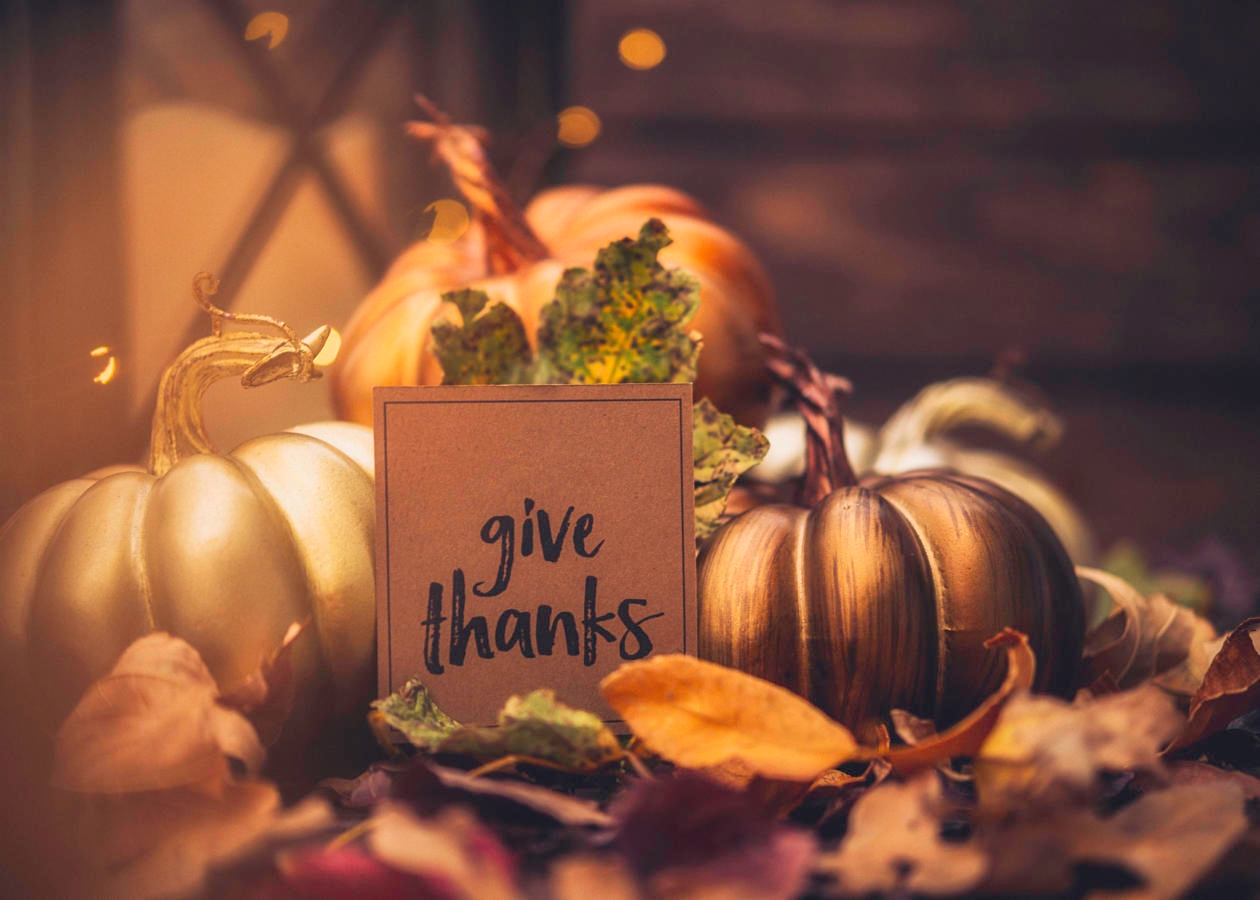Happy Thanksgiving.
Now, let’s get real: Some don’t feel thankful today. We might feel like the turkeys got us down. We might feel burdened by hosting, harried by travel, lonely for having nowhere to go, bothered for having to go somewhere we don’t want to go, or pre-triggered by a secular holiday season happier in advertising than anticipation or reality. It’s well to act grateful even if we don’t feel it (a practice worth trying), or imagine Plymouth Rock as the House of God (my post last Thanksgiving), but what if we (or people we love) don’t feel “thanks” on Thanksgiving?
Turns out, we have a turkey for that, too.
This famed Parable of the Turkey Prince comes to us from Reb Nachman of Breslov (1772-1810), great-grandson of the Baal Shem Tov:
A prince thought he was a turkey, so he disrobed, sat naked under the table and pecked at bread crumbs on the floor. The king was desperate to cure his son, but no doctor could help and the king become very sad… until a sage came and said, “I can cure him.”
What did the sage do? He took off all his clothes and sat naked under the table next to the king’s son, pecking at bread crumbs on the floor. The prince asked him, “Who are you and what are you doing here?”
The sage answered, “What are you doing here?”
The prince said, “I’m a turkey.”
“I’m also a turkey,” said the sage, and they sat together for some time until they were comfortable with each other. Then the sage gave a sign to the king sitting above, and the king threw shirts under the table. The sage said to the prince, “Do you think a turkey can’t wear a shirt? You can wear a shirt and still be a turkey.” They put on shirts.
After awhile the sage gave another sign, and the king threw pants under the table. The sage said, “Do you think if you wear pants you can’t be a turkey?” They put on pants.
Then the sage gave a sign and human food was brought under the table. The sage said to the prince, “Do you think if you eat good food you can’t be a turkey? You can eat this food and still be a turkey.” They ate.
Then the sage said, “Do you think a turkey has to sit under the table? You can be a turkey and sit up at the table.” And the two turkeys, the sage and the prince, got up together and sat at the table.
Reb Nachman’s parable imagines the “turkey prince” cured – but cured of what? Certainly not his inner sense of turkey identity, but rather his outward turkey behavior. And Reb Nachman’s “cure” wasn’t to convince the prince that he wasn’t a turkey, but rather to get under the table with him in compassionate solidarity.
Sometimes we feel gratitude – and sometimes we don’t. Even if we have much to be thankful for, emotional and spiritual life is dynamic – and sometimes we feel burdened, harried, lonely, bothered or ungrateful. The benefits of gratitude invite us to “fake it until we make it.” But if we can’t – if the turkeys really get us down – then denying our inner state or beating ourselves up for it does no good, especially when we feel like sitting under the table.
So what to do? Self-compassion can help: even if it’s not ideal to feel ungrateful or unhappy, it’s worse – and ultimately damaging and self-defeating – to pretend that we don’t feel what we feel. In Reb Nachman’s parable, only by accepting our inner turkey can we get up from under the table. We also can recall that we’re only partly our emotions: as my friend Jay Michaelson wrote in The Gate of Tears, there’s a big difference between “This is sadness” and “I am sad.” In Reb Nachman’s parable, we’re partly (and only partly) our turkey nature.
As for us, so for another. Friends or loved ones whose “inner turkey” gets them down this holiday season already feel bad – and they know they feel bad. It’s natural for us to try to cheer them up, distract them, remind them of gratitude, invite them to count blessings – and it might work. On the other hand, what we intend and what they hear might be very different. If what they hear is not to feel what they feel, or to feel something else, they might respond by feeling misunderstood, uncared-for, or alienated from their inner reality. To our best intended efforts, they might respond by feeling even more lonely under that table. What they might need most is for you to sit under the table with them.
Yes, Jewish spirituality is about cultivating gratitude and counting our blessings – and Thanksgiving is a treasured opportunity. But Jewish spirituality also is about being inwardly real, and sometimes inner reality is that the turkeys get us down. So if on this Thanksgiving you or someone you love feels burdened, harried, lonely, bothered or ungrateful, let it be safe to feel it all without judgment – even to sit under the table. If it’s you who sits under the table, dare to imagine that a caring and accepting sage might join you there. If it’s someone else who sits under the table, maybe someone’s waiting for you there.
Happy Thanksgiving.


